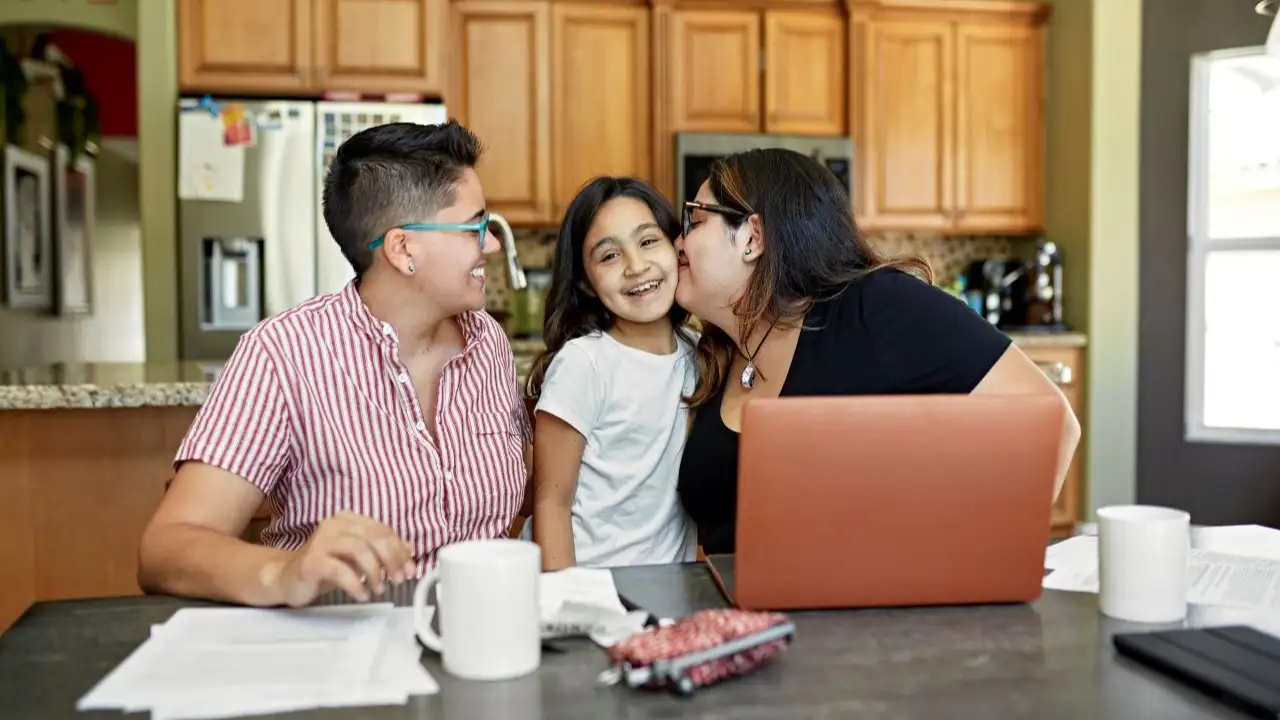
Money Tips & Education
How to better manage your money for financial success
Dec 19, 2024
Written by
Reviewed by
Key takeaways:
Almost everyone can benefit from better money habits, no matter your age or financial situation.
Learning to manage your money could be the key to overcoming debt, saving for retirement, or making that big purchase you’re eyeing.
Many tools and resources can help you track spending, create a budget, cut costs, and meet savings goals.
Get a free debt evaluation
We all want to feel financially secure, with our bills paid and enough money in the bank to meet our needs. Getting there often means learning how to manage your money better, reduce household expenses, and follow a budget. If you’ve never done it before, you might be surprised at how easy it can be to establish new money systems on your path to financial strength.
Here’s how to do it.
Know where you stand with your money
Feeling financially overwhelmed isn’t unique to any specific income bracket or background. No one’s immune from debt, whether they earn $20,000 a year or $200,000. The reason could be overspending, job loss, unexpected medical bills, or something else.
Before you can lighten your current situation, though, it’s important to figure out where you stand. Then, you can get started on a plan for where you want to go.
Carve out some time to sit down with your finances (maybe with your spouse or partner) and look at the whole picture. A deep money dive means the following:
Add up your current debts and note the interest rates
Write down how much you save each month for emergencies or other goals
Look at your weekly and monthly spending
Compare your expenses to see if they’ve changed from a year ago
If you have a budget, see if you’re sticking to it
And if this already feels like too much, you can try a free budgeting app that makes it easy to see where your money is going (and helps you have more money left over each month).
Look for any weak spots in your financial plan
Almost everyone, no matter their income, is going to find some areas where they'd like to do better. Do you wish you had more in retirement savings? Do you have times when an emergency fund could come in handy? When you acknowledge your goals, you can start figuring out a plan to turn things around.
People often express wanting to change these common financial habits:
Not following a monthly budget
Overspending
Not saving or investing enough
Impulse buying
Carrying too much credit card debt
Not tracking credit reports or financial statements
Getting discouraged
Make a plan for your money
When you know where you are financially, you can begin to create a better path forward.
If you don’t have a budget, creating one is easy. You might even find it fun with all the different ways out there, from money apps to the envelope method (now called cash stuffing, thanks to TikTok) to the 50/20/30 budget.
You can also set some longer-term plans.
Get rid of debt. If you have a lot of outstanding debt, develop a plan for consolidating accounts (one of the benefits of obtaining a personal loan), refinancing, and/or chipping away at the balances. There’s even a free app to help you get out of debt faster.
Save money. Identify what you’d like to accomplish: a down payment to buy a home, a big family vacation, your kids’ college tuition.
Fund your retirement. Ask yourself when you want to quit working, how much you need to save, and what accounts you’ll use for saving.
Make small financial changes
A complete overhaul of your money habits can be difficult to do in one go. Instead, implement smaller, actionable steps. Once you feel comfortable with small changes, add more.
Here are some steps you could take:
Bring your lunch to work instead of eating out
Consolidate your debts if you can get a lower interest rate
Refinance your auto loan for a lower rate
Set spending limits for yourself, both overall and in specific categories
Review your monthly bills for cell phone, insurance, cable, and other services so you can quickly dispute errors or negotiate rates.
Find discounts by using coupons, enrolling for promotions, etc.
Use the 24-hour rule before buying anything over a certain dollar amount. You might find you no longer want something after sleeping on it.
Put your money to work
Better money management often means giving your money a specific job. For instance, you might decide that 10% of your income is now dedicated to paying down debts. Every paycheck, immediately transfer that amount of money toward your goal.
Pro tip: Set up automatic transfers through your bank so you don’t have to lift a finger.
You can do the same for all your important goals. You can take charge of your financial situation with intentional moves that help you meet your targets and pay yourself first.
Automate your finances
You might think that all this budgeting and tracking is going to mean a lot of extra work, but it’s just the opposite. With so many automation tools, managing cash and tracking your progress is easy. You may not even have to actively move money around.
These tools might include things like:
Automatic transfers into savings
Automatic bill pay
Budget tracking apps or software with alerts
Spending analyzers
Subscription trackers
Automatic retirement contributions
Set up checkpoints to keep yourself on track
Motivation fades, financial hiccups arise, and situations change over time, so setting up a few checkpoints could help keep you on track and accountable along the way. This might mean having an accountability partner—like a friend or sibling, parent, or financial advisor—that you speak with regularly about your progress.
You could also set up regular financial check-ins with your partner, where you both discuss your wins and where you need to focus. Some apps even give you an instant snapshot of where you stand with long-range goals as well as your current budget.
Learning how to manage money may feel hard, but you aren’t alone. Small changes and easy financial systems are here to help you not only change your current money habits but also set you on a better path for the future.
Author Information
Written by
Kimberly is Achieve’s senior editor. She is a financial counselor accredited by the Association for Financial Counseling & Planning Education®, and a mortgage expert for The Motley Fool. She owns and manages a 350-writer content agency.
Reviewed by
Jill is a personal finance editor at Achieve. For more than 10 years, she has been writing and editing helpful content on everything that touches a person’s finances, from Medicare to retirement plan rollovers to creating a spending budget.
Related Articles
Some credit checks affect your score, but others don’t, even from the same lender. We’ll explain when and why credit checks can affect your credit.
Jane Meggitt
Author
Myth-busting: you don’t need to carry a credit card balance to have good credit! Learn how credit utilization affects credit scores.
Rebecca Lake
Author
Ready to take control of your money? Learn what a budget can do for you and how to make one.
Rebecca Lake
Author
Some credit checks affect your score, but others don’t, even from the same lender. We’ll explain when and why credit checks can affect your credit.
Jane Meggitt
Author
Myth-busting: you don’t need to carry a credit card balance to have good credit! Learn how credit utilization affects credit scores.
Rebecca Lake
Author
Ready to take control of your money? Learn what a budget can do for you and how to make one.
Rebecca Lake
Author


